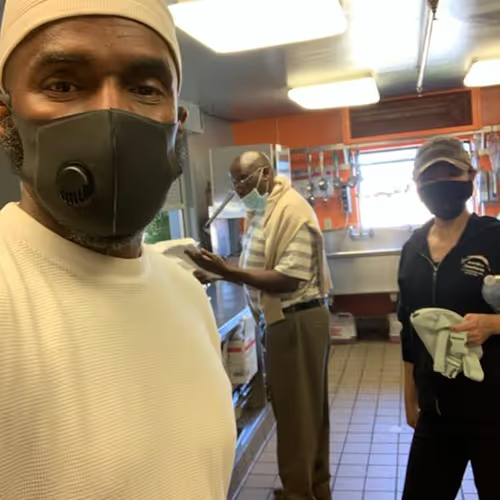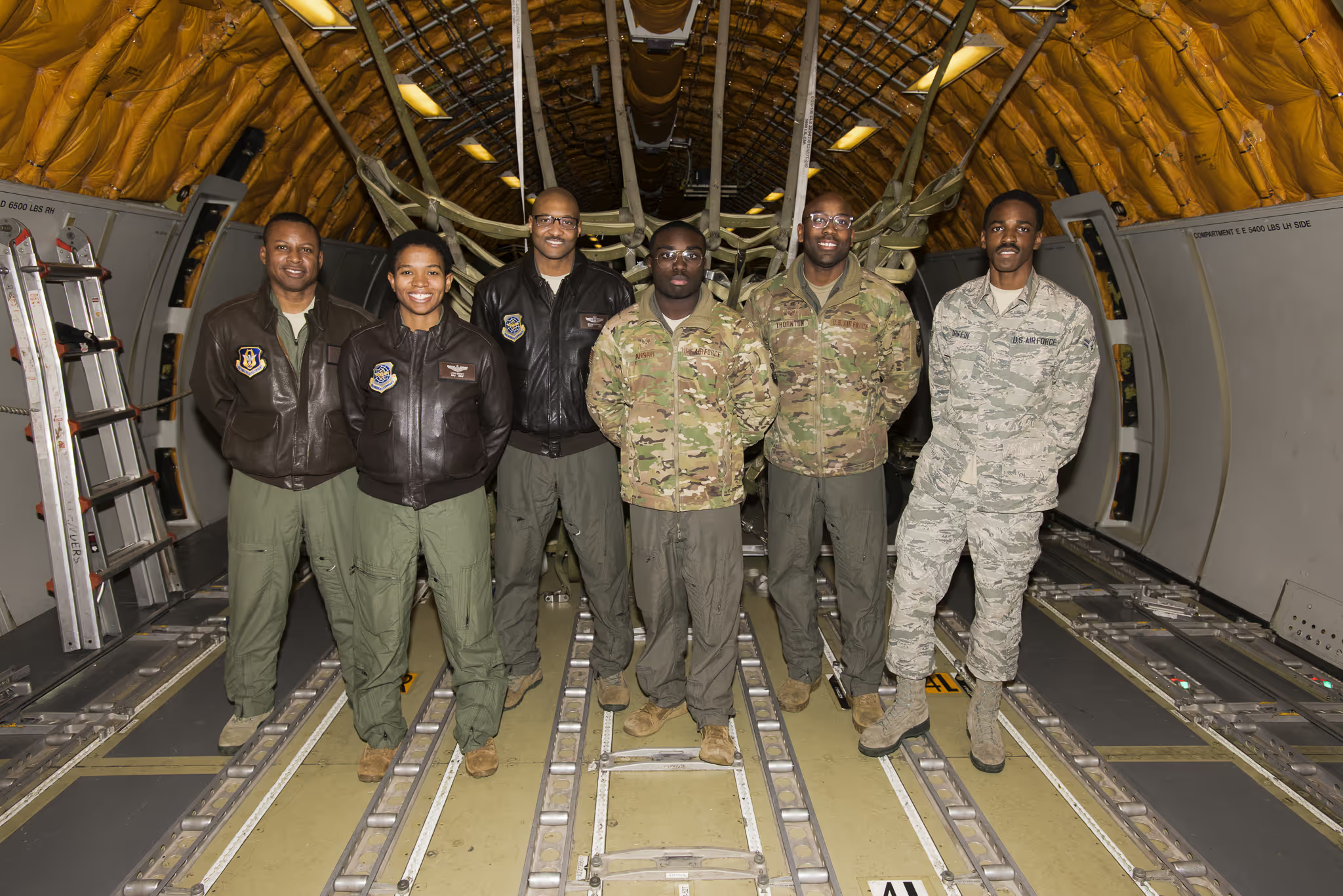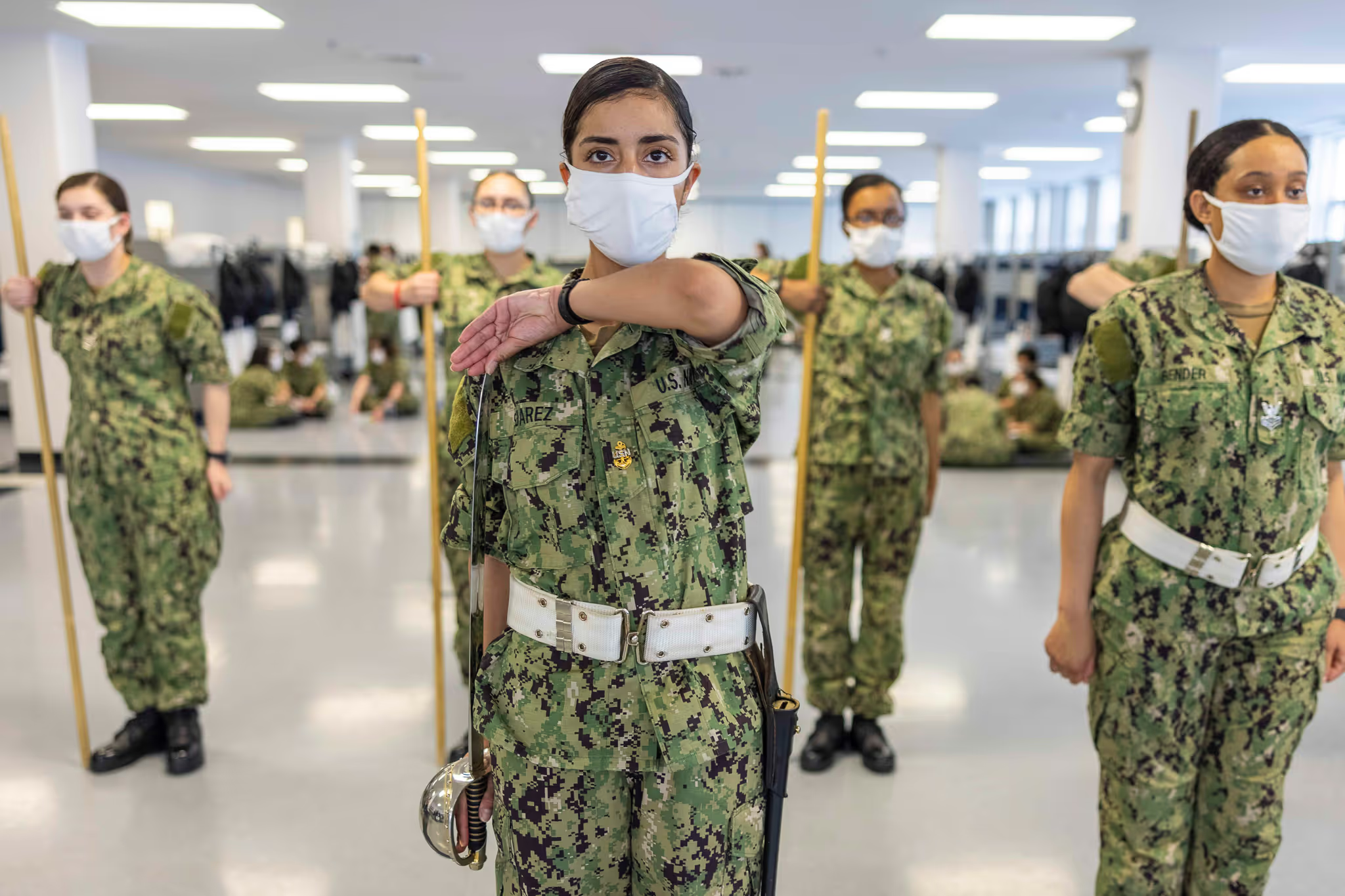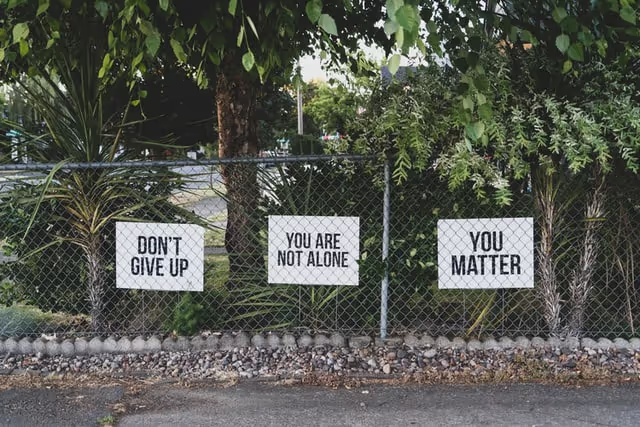No agency should nor can provide all care and opportunity to veterans and their families. In addition, veterans will rarely come to you with one issue: issues do not occur in a vacuum, and unaddressed issues lead to difficulties in all aspects of life. It is imperative that you maintain relationships with the overall community-based system of care and be able to make warm referrals to community partners.
Community veteran collaboratives exist in many locales wherein social service providers, educators, researchers, policy makers, religious and social leaders meet regularly to discuss veteran needs and to build strong referral networks. These collaboratives can also engage in cross training so that there is no wrong door to care and veterans will be welcomed at mainstream services and within veteran service systems as well.
Most importantly, you must engage with your community of veterans in order to learn what is needed on the ground. Beyond talking to your clients, you should consider holding community meetings, focus groups and listening sessions, and client surveys to continually test the value of your work for veterans and to determine their emerging needs. This direct line of feedback can be incorporated into your evaluation protocol and communicated to policy makers, funders, researchers, and other providers.
Listen to Michael Blecker, Army Veteran and Executive Director of Swords to Plowshares, reflect on his transition from the military and how he built up a community system of care for veterans. (33:35)






.avif)


